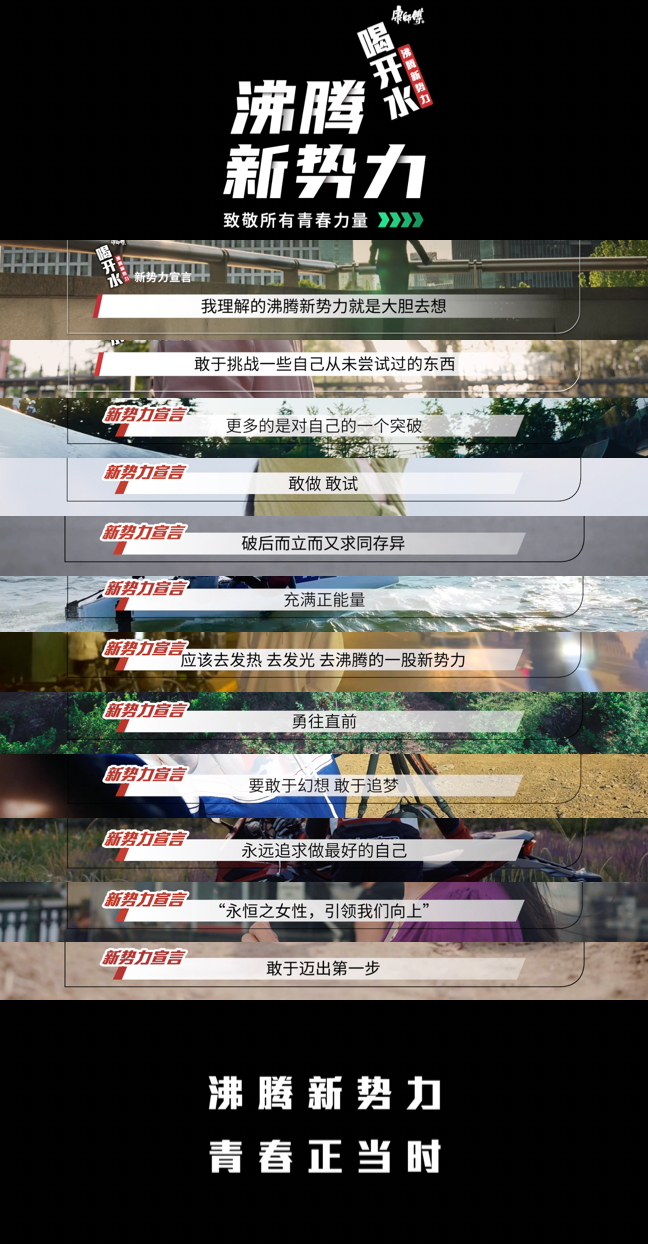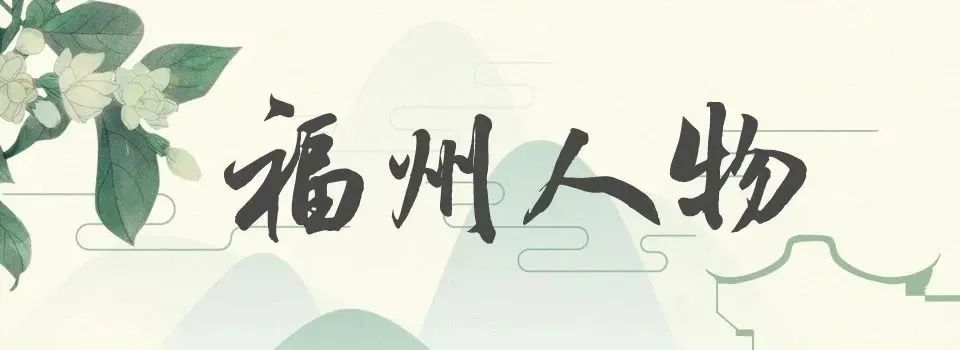The configuration of the service road is too similar, and there are many controversies in China, Japan and South Korea's costume dramas
Author:Global Times Time:2022.06.28
[Global Times Special Reporter Lu Ke] After being launched in Youku on the 24th, the costume comedy "My name is Liu Jinfeng" was immediately fell into the controversy of "Japanese Tang Dynasty": a large number of typical Japanese hats, shoes and fabric patterns appeared in the play. For "domestic big river drama". This is not the first time in domestic costume dramas that have "entered" Japanese -style elements, which confuses many audiences. In addition, in recent years, Chinese traditional cultural elements have also appeared in Korean costume dramas. The design of the idol drama of costumes is even more "look similar." In history, the Chinese, Japan, and South Korea, which belong to the Confucian culture circle, now "collide" on the screen, which reflects not only the strictness of popular culture, but also the emergency profit and professional lack of business entertainment products.
"The intention of the producer is puzzling"
"My name is Liu Jinfeng" tells the girl Liu Jinfeng from "Xianhua Village", who accidentally entered the palace and became the queen of Donghao Kingdom. With a confident and sincere attitude and an optimistic personality, they gradually dispelled the emperor's doubts. conspiracy.
Although "My name is Liu Jinfeng" is positioned as an overhead costume comedy, in the view of the audience, as a domestic costume drama, the service of the service should also follow the traditional Chinese style. However, there are many typical Japanese cultural elements on the poster announced by the crew - —— The hat of the male lead is no different from the traditional Japanese aristocracy. The decorative pattern is a common cherry blossoms. Women's clothes are rare in Hanfu.
There are so obvious Japanese -style elements in domestic costume dramas that make many audiences dissatisfied. They believe that "even if the background of the times is fictional, they should not copy Japanese culture in such a large number, and the producer's intention is puzzling." The show has not yet responded to the audience's doubts, but the male owner's Weibo has quietly deleted relevant information.
Wood landscape, golden kiss, Japanese lantern ...
Japanese -style elements have appeared in domestic costume dramas in recent years, especially many imitation Tang buildings reserved in Kyoto, Japan, and Nara. Many of them have been copied in domestic costume dramas. The film "The Wind", which shows the style of the Tang Dynasty, directly copied the Grand Buddha Hall in Nara, Japan, but this main hall is actually the "Tang Po Wind" style of Japan, which has never appeared in Chinese history.
Similar to Chinese costume films like oolong in Chinese costume films such as "The Wind Raise Luoyang", "Mrs. Dendrobes", "Drunk and Exquisite", in addition to "Tang Po Feng", there are typical Japanese -style dead landscapes, golden kisses, Japanese lanterns and snacks. Essence
There are also some non -material Japanese culture in the play that is more hidden: the episode "The Swords in the Snow" began, and the concubine of the West Chu actually took a Japanese -style abdomen when he committed himself. The idea of the crew of the crew never appeared.
As the earliest developed countries in Asia to connect with international standards, the external output of Japanese culture is not small, and Japanese movies are relatively mature because of their early start. Hetian Hyeumi, who once designed clothing for Kurosawa's masterpiece "Chaos" and won the Oscar Gold Award, is the first master of film and clothing design in Asia and the world. The design of Chinese films such as "Ambush" and "Sword Rain" is as close to the traditional Chinese culture tradition and it is inevitable to bring their usual design concepts. This kind of artistic communication is understandable.
Yang Shupeng's work "My Brothers of the Tang Dynasty" (2009) did not conceal the tribute to Kurosawa, and the details of the plot, human settings and forms obviously imitated "Seven Samurai" and "Warring States Heroes". Creation is not the same as "copying Japanese -style elements". It is more of the inheritance and development of classic movie language. For example, the "Oriental Beauty" clothing design left by Hetian Huimei is worth learning.
"The audience also needs to enhance cultural self -confidence"
In recent years, in recent years in South Korea, which belongs to the Confucian cultural circle, some costume dramas have plagiarized the traditional Chinese cultural elements. This kind of misappropriation is more likely to pursue ratings and save costs to ignore professional performance. Some netizens found that the characters in the Korean drama "The Rising River" are suspected to copy "Chu Qiao Biography", "Qingyu Year" and "Liuli" and other Chinese costume dramas. And the character shape of "Three Miles and Ten Miles of Peach Blossoms".
In fact, the imitation of the service of the roads in film and television dramas is more business behaviors -Chinese costume dramas have exported a large number of South Korea in recent years, and 70 units in 2019. The pursuit of the market will inevitably cause such phenomena. Last year, the Korean drama "North Korea Exorcist" was complained by the Chinese audience because of the Chinese traditional cultural elements such as moon cakes. Advertisers also collectively resisted, causing the play to suspend the broadcast.
- END -
Writing the Chinese story with the story of the youth story, Master Kong drank boiling water to set off a new boiling forces!

Starting from May 4th Youth Day, Master Kang drank boiling water and continuously ...
Finally seen!This group of people in Fujian is on fire!

The Disabled Art Troupe of Fujian ProvinceSeeing a combination composed of 7 vi...